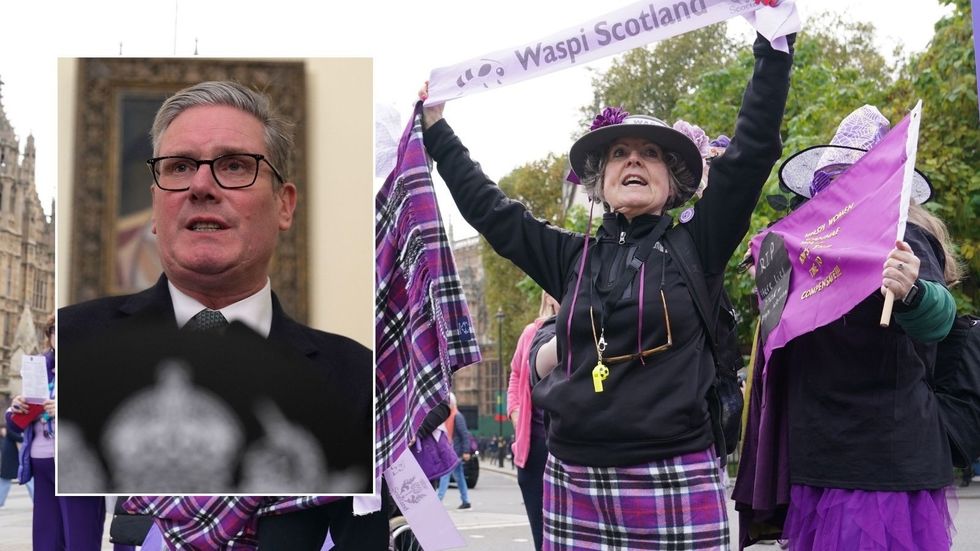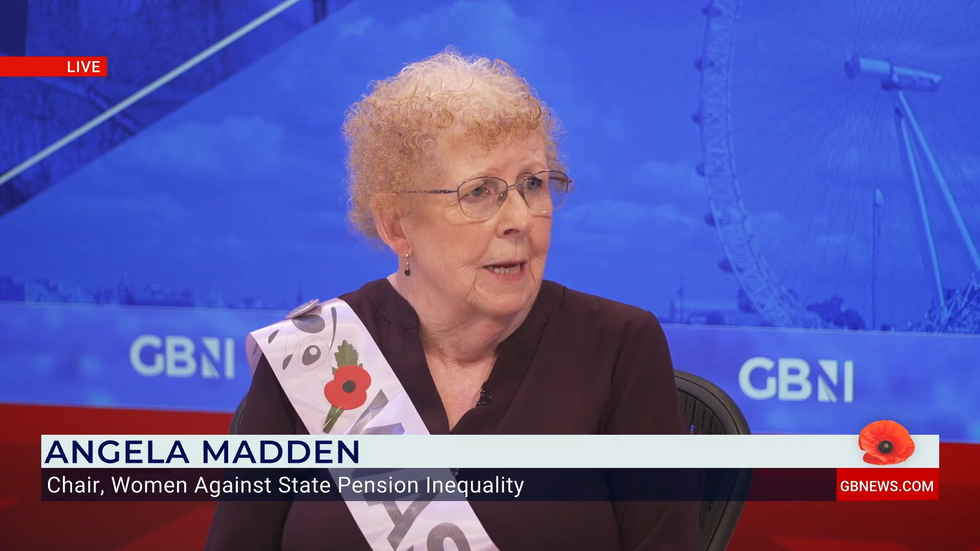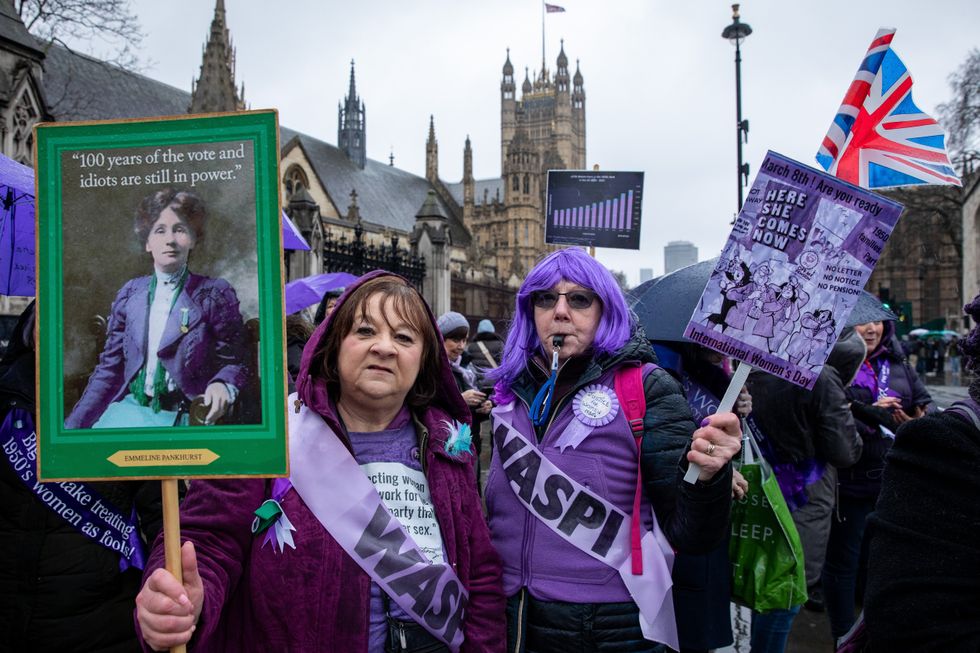Waspi women plot legal battle against Starmer after state pension age ‘injustice’
Women Against State Pension Inequality (Waspi) campaigners are preparing for a legal battle with the Labour Government over pension compensation, with lawyers set to work through Christmas on a potential judicial review.
The move comes after ministers rejected calls to compensate an estimated 3.8 million women affected by historic changes to the state pension age. Campaign chiefs are responding to Tuesday’s announcement by Work and Pensions Secretary Liz Kendall, which denied payouts despite recommendations from a Parliamentary watchdog.
Angela Madden, chair of the Waspi campaign, confirmed legal experts are examining grounds for court action in the New Year. The judicial review must be initiated within 12 weeks of December 17, when the Government announced its decision to reject compensation.
The Parliamentary and Health Service Ombudsman (PHSO) had called for payments between £1,000 and £2,950 for affected women born in the 1950s.This followed findings that the Department for Work and Pensions (DWP) failed to properly inform women about rises to the state pension age.
The recommended compensation package would have cost the Treasury between £3.5billion and £10.5billion. Prime Minister Keir Starmer stated in the Commons: “The research is clear that 90 per cent of those impacted did know about the change.
Do you have a money story you’d like to share? Get in touch by emailing money@gbnews.uk.

“In those circumstances the taxpayers simply can’t afford the burden of tens of billions of pounds of compensation.” Downing Street has confirmed there are “no plans” to allow a Commons vote on the decision not to award compensation.
“I think Liz Kendall, and others have significantly underestimated us,” Madden told The Mirror. “They have underestimated our skill, our knowledge, our tenacity and even our intelligence.”
The Waspi chair, who retired at 55 to care for her mother unaware of the pension age changes, expressed shock at the timing of the announcement. “They hope the furore will die down by the time they come back on January 6. Well, I think they’ll find their hopes dashed,” she said.
Madden questioned the Government’s dismissal of the ombudsman’s findings: “What’s the point of having an ombudsman if you can just totally ignore the bits of what they say that you don’t like?”

“We have managed to speak to our lawyers, so that process is already underway, and we’ll see what happens on that in the New Year,” she added. Caroline Abrahams, Charity Director at Age UK, criticised the Government’s response to the Ombudsman’s report.
“Any older woman caught up in this situation will be deeply disappointed by today’s announcement, and they are right to feel aggrieved,” she said. “It isn’t credible for the Government to contradict the Ombudsman’s painstaking report when it comes to liability for compensation.”
She highlighted the additional financial pressures facing affected women. “Everyone understands that the public finances are under acute pressure but the Government should not rub salt in the wounds of those impacted by suggesting there is no case for compensation,” she added.
The charity director added that the loss of Winter Fuel Payments this year would “intensify their sense of injustice.” Speaking in Parliament, pensions minister Liz Kendall acknowledged the Government’s failings in communicating the pension changes.
LATEST DEVELOPMENTS:
- Pension crisis as 2.5 million ‘unable to heat homes this Christmas’ after Winter Fuel Payment axe
- Pension savers warned ‘shifting interest rates’ could hit retirement funds
- Martin Lewis issues warning as pensioners to be ‘hardest hit’ by Winter Fuel Payment changes

“We accept that the 28-month delay in sending out letters was maladministration,” she told MPs. “And on behalf of the Government, I apologise.” Kendall emphasised the Government’s commitment to learning from past mistakes.
However, she rejected the Ombudsman’s proposed solution, stating: “We do not agree with the Ombudsman’s approach to injustice or remedy.” The minister maintained that affected women had not suffered direct financial losses due to the communication delays.
“We also agree with the Ombudsman’s findings that the women suffered no direct financial loss because of this maladministration,” she said. Despite Downing Street’s stance against a Commons vote, there remains potential for parliamentary action in the New Year.
MPs may force a vote on the compensation decision, which could lead to a significant rebellion from Conservative backbenchers. Furious backbenchers have already called for the decision to be put before the Commons.

